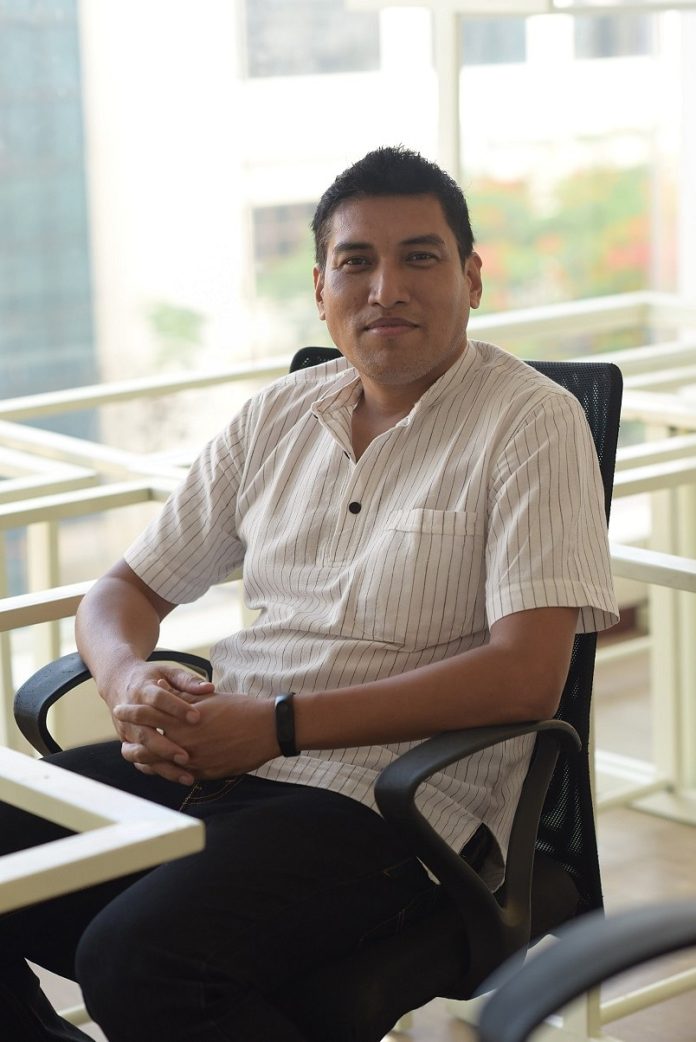
How Binbag is managing e-waste effectively in India
Date:

Share post:
Waste management initiatives in India are seriously challenged by E-waste. Discarded computer monitors, motherboards, compact discs, headphones, television sets, mobile phones and chargers, air conditioners, and refrigerators are known as electronic waste or e-waste. When the hazardous components of E-waste require environment-friendly disposal mechanisms, the valuable and essential metal constituents need proper infrastructural provisions and management processes to save economically vital materials.
According to a report of The Global E-Waste Monitor 2020, the world dumped a record 53.6 million tons of e-waste last year. In that, only 17.4% was recycled. China was the biggest contributor with its 10.1 million tons of e-waste, and the United States was second with 6.9 million tons, and India, with its 3.2 million tons, was third. Together these three countries accumulated nearly 38% of the world’s e-waste last year.

The report suggests that to build a more circular economy, where waste is reduced, resources are conserved, and are fed back into the supply chain for newer products, we need to lower the number of electronics entering the waste stream and improve end-of-life handling.
In India, E-waste has become an important waste stream because of its volume and toxicity. Its considerable portions of heavy and precious metal components and persistent organic pollutants (POPs) are beneficial and hazardous to society at the same time. This duality emphasizes the need for a careful E-waste management system from both economic and environmental perspectives. According to reports, almost 95% of the e-waste in India ends up in the informal sector. It is hazardous to the health of informal workers who have to handle the waste without any safety guidelines.
To add to that, since most of these workers are unskilled, recycling waste is inefficient. This ends up polluting the surroundings. Several startups and companies have come forward to help India’s informal sector by collecting, processing, and recycling electronic waste seamlessly. Bangalore-based AchitraBorgohain was one of them who started the initiative of Binbag in 2014 to fix this gap and ensure the faster adoption of a circular economy for end-of-life electrical and electronic equipment. His startup started working with private companies, healthcare units, NGOs, and government offices to recycle the e-waste generated from these places.
AchitraBorgohain hailed from a middle-class family from the Northeast. He moved to Bengaluru in 2006 after working for some leading companies in Gujarat. He worked with IL&FS for almost 6 years before finding himself in a mid-career crisis. He wanted to do something different, quit his job in 2013 to invest more time in following his dream.

The starting of Binbag was not smooth, the biggest challenge they faced in their initial years was growth and identifying customers who would want to avail their services. Due to a lack of awareness and consciousness regarding the disposal of e-waste, scouting for new clients was challenging for this newborn company.
Within 1 and half years after the inception of the startup, Binbag ran out of its funds. The company lost all its employees and was struggling to meet the cost to pick up e-waste, segregate and send it to recyclers. At that time, Binbag could hardly make any profit; it could barely cover their costs of recycling. The startup made a U-turn after Achitra met Krishnan Chandra Bhushan, who invested in the company and took the role of co-founder & managed sales at Binbag. Bhushan had a software business in Pune, which he had exited and shifted to Bengaluru before joining Binbag.

Binbag shifted its focus to corporates after Bhushan’s entry. The strategy is proved to be a game-changer in their case, as the e-waste generated by corporates is large in quantity and high in quality. Many companies look for data destruction or degaussing. Binbag started making a profit in that encompassing that area too.
Achitra said in one of his interviews “For households and smaller clients, we have neighborhood e-waste collection centers from where they pick up later. There are instances where people come and dump their e-waste at our office.” With time, Binbag’s work has been recognized by different platforms. Binbag won the Urban Sanitation Award in 2017 given by Urban Sanitation Magazine in association with the Ministry of Housing and Urban Affairs.
Binbag is also associated with a big hospital chain having six hospitals across the country. While large corporates form 30 percent of Binbag’s clients, SMEs make up for 50 percent, and households 20 percent. The startup has two facilities for recycling this e-waste. One of their facilities is located in Hindupur in Andhra Pradesh with a capacity to recycle 300 tonnes of e-waste per annum. Their second facility isin Assam with CSR support from ONGC. Located in Guwahati. The capacity of this facility is 120 tons per annum.
